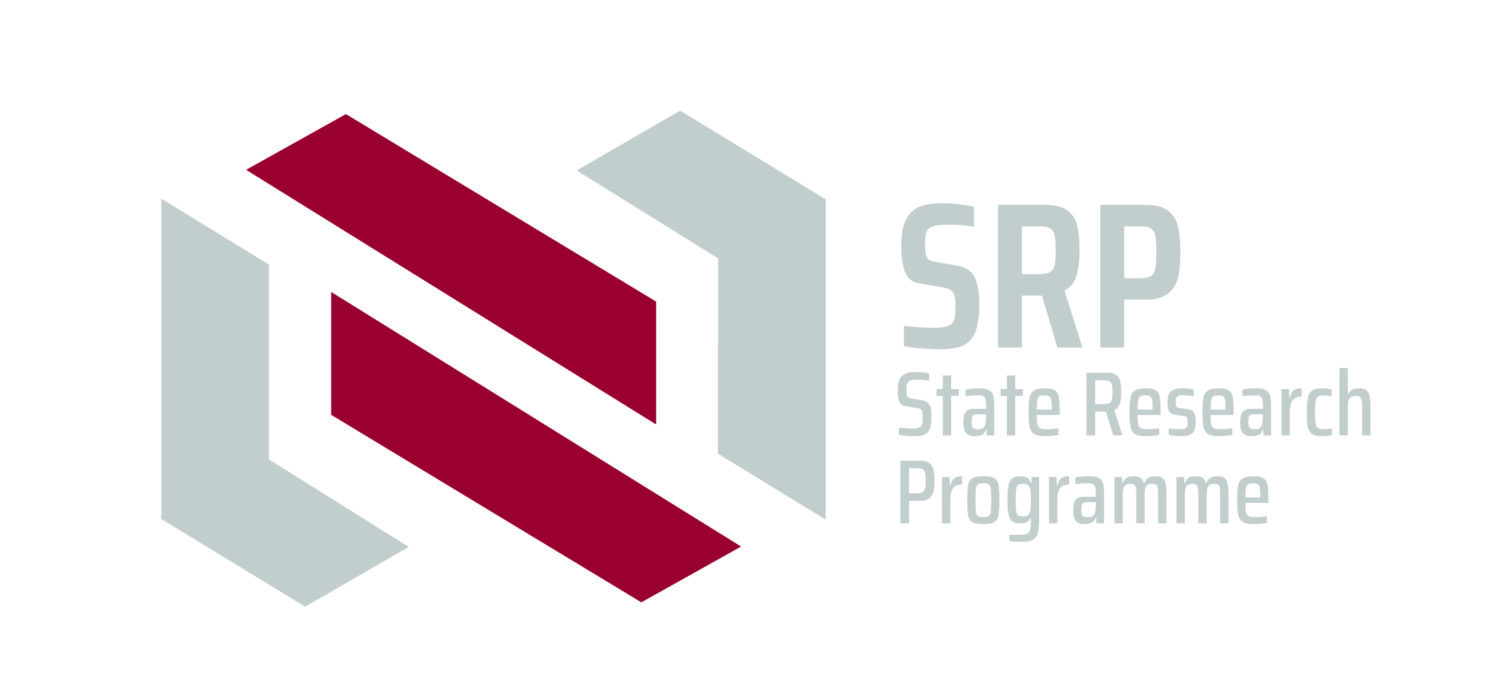RSU launches study on enhancing the resilience of general practitioners
To address the shortage of general practitioners in Latvia and to encourage young doctors to pursue a career in general practice, researchers at Rīga Stradiņš University (RSU) have launched a new project under the Public Health State Research Programme (SRP) entitled ‘Enhancing General Practitioner Resilience in Latvia: Challenges and Solutions’. The project, which will run until the end of 2025, aims to develop policy recommendations based on its findings.
One of the most pressing healthcare issues in Latvia is the sustainable development of the general practitioner network and the recruitment of medical professionals to this specialty, particularly outside the major cities. While primary healthcare is a crucial component of an effective health system, Latvia currently lacks well-defined strategies to encourage young doctors to choose and remain in general practice.
What attracts and discourages people from choosing general practice as a specialty
Previous research from other countries indicates that the main factors attracting students to general practice include continuity of care, the opportunity to build personal relationships with patients, work-life balance, the ability to treat a broad range of medical conditions, professional autonomy, and the chance to run their own practice. However, the main barriers that discourage young doctors from choosing this specialty include its low prestige, lack of challenges, limited financial opportunities, bureaucracy and administrative burdens, and the desire for immediate results, which general practice often cannot provide. At the same time, studies suggest that these factors can vary significantly between countries, influenced by socio-economic conditions, the higher education system, and the healthcare environment.
RSU study: a major contribution to enhancing primary healthcare
Prof. Ilze Grope, Dean of the RSU Residency Department, Lead Researcher, and Project Manager, emphasises: ‘The results of our research will make a significant contribution to the development of primary healthcare in Latvia, particularly in encouraging young doctors to pursue a career in general practice.
We hope that the recommendations generated by the project, based on evidence and international best practice, will help create a more effective and appealing environment for young doctors, contributing to the long-term sustainability of primary healthcare in our country.’
As part of the project, a comprehensive analysis of the factors influencing students’ and young doctors’ decision to pursue careers as general practitioners within the state-funded healthcare sector will be conducted. The measures implemented by the Latvian government to address this issue will be evaluated, alongside international examples of best practice. Based on the findings, policy recommendations will be developed, and a budget analysis of the proposed support measures will be conducted.
About the Public Health SRP
The SRP is a research programme funded from the state budget and initiated by the sectoral ministry to generate new knowledge, skills, and innovations. Its aims include developing new products, processes, and services to address sectoral challenges and strategic development objectives, as well as supporting the implementation of public policy priorities. This is achieved by actively using research results for policy development, ensuring the visibility of research in society, and strengthening the connection between research and key public policy areas.
The Public Health Programme aims to generate new knowledge and solutions to improve the quality and accessibility of disease prevention and healthcare and to strengthen the efficiency and sustainability of the healthcare system.
The Ministry of Health is responsible for implementing the Public Health SRP. The Latvian Council of Science manages the call for proposals and provides international external expertise for project evaluation. The project's funding amounts to EUR 300,725.
Project Agreement No. VPP-VM-Sabiedrības_Veselība-2024/1-0002.

Related news
 RSU participates in the European University Association conferenceSustainable Development, For RSU Employees, Conferences, workshops, Research
RSU participates in the European University Association conferenceSustainable Development, For RSU Employees, Conferences, workshops, Research


